In Universal Child Care, two working mothers scream into the void
Norah Sadava and Amy Nostbakken, the co-founders of Quote Unquote Collective and co-creators of their new show Universal Child Care premiering at Canadian Stage this month, admit that early motherhood can look very different from person to person.
But there is, at least, one shared sound: a big, guttural scream into the void.
Though they’re both mothers now — they’re raising three young kids in two apartments located one on top of the other, with the unofficial third Quote Unquote leader, choreographer Orian Michaeli, and her child in the basement suite — the screaming started long before the birth of their children. It even started before they began working on Universal Child Care in 2018, or their show before that, Now You See Her, about the ways women fade and disappear from society. The scream was also present in Quote Unquote’s breakout production, 2015’s Mouthpiece, a two-hander exploration of a woman’s internal psyche after her mother dies, which toured across Canada’s provinces and territories, the U.K. and Europe, and L.A., before being turned into a film directed by Patricia Rozema.
Often, the scream has been literal — a unifying gesture in the company’s highly physical style that marries tight choreography with choral voice work. Simultaneously, it’s a metaphorical scream, the kind that women and marginalized genders emit to themselves daily under patriarchy.
“[It started with] hypothetical anger about the forced decision to have a career or to have children, because it felt like you couldn’t have both,” Sadava said in an interview about considering starting a family as an artist in Toronto.
“Yeah…we were slapped with the reality of it and went, ‘How boring and cliché that it’s 2021, or whatever it was, and I have to choose?,’” added Sadava. “If you’re in a couple, and especially if one of you is giving birth to the child and planning to breastfeed the child, there’s just an inherent imbalance. Who am I going to scream at about that?”
The answer soon became: as many people as possible. Because once their children arrived, Sadava and Nostbakken discovered more and more holes in the caregiving sector, and there was a disproportionate lack of anger they were seeing in response. The cost and competition of daycare slots, the hours of public school in relation to a typical work day, the pay rate of daycare workers, professional repercussions towards new mothers, let alone the rehearsal schedule for performers and even more barriers in the arts sector — the list goes on.
Often, with the extended development period that comes with their work, the core question of the show can shift and evolve, but with Universal Child Care, the message has remained as clear as the title itself. Focusing only on the adults involved in the caregiving business, not the ones being cared for, in four of the richest countries in the world (Canada, the U.S., the U.K., and Japan), the show weaves together narratives of mothers, workers, and advocates to bring a sense of global unity to an often isolating experience.
“We all agree that the first five years of a human being’s life are the most important, but we don’t care about the people who are taking care of those kids. Ages zero to five, the next generation of human beings. What? WTF?,” said Nostbakken.
If you’re in a couple, and especially if one of you is giving birth to the child and planning to breastfeed the child, there’s just an inherent imbalance. Who am I going to scream at about that?
Through the research and creation process of Universal Child Care, Nostbakken and Sadava connected with fellow void-screamers: advocates like Martha Friendly, organizations like Balancing Act Canada and Jamii (their partners to provide free onsite childcare for the Sunday matinee on February 25), and story co-writers Akosua Amo-Adem, Vicky Araico, Seiko Nakazawa, and Stephanie Sourial. Nostbakken wrote the music and lyrics and is directing the show, what they call “not quite a musical, not quite a concert, not quite a play, not quite a rock opera, but a musical journey,” and Sadava performs alongside Monica Garrido, Takako Segawa, Germaine Konji, Joema Frith, Fiona Sauder, Alex Samaras, and Anika Venkatesh.
“Sometimes we’re like, ‘Is this insider parenting stuff?’ And then it’s like, ‘Who cares?’ Because for the people who it’s real to, it’s so real. And it’s not spoken about because it’s a bit uncool. It’s a bit taboo to say,” said Nostbakken. “And those who don’t have kids or want kids, they’re as much included in this issue as the parents themselves. Parents are running the world. You interact with parents everywhere. A parent is your boss. A parent serves your coffee.”
Despite leaning into the anger of an unfair world for those rearing infants, there’s a lot of love from both Sadava and Nostbakken regarding the process of expressing it through Universal Child Care.
“It’s just such a joy. It’s so much fun because this team is so dedicated and loving and caring and also chill. And I do think at least some part of that is because we have kids and have to create a system that is caring for us and our families. We have to extend that to everyone else,” said Sadava. “There is a different mindset of caretaking, which sounds cheesy. But I think that offering creates that in return that people feel really cared for. So, they express that care about the work in return, which is really radical. You don’t have to be aggressive to get extreme dedication.”
In the years that Universal Child Care has been in the works, public discussions around the realities of child-rearing have increased drastically, particularly during the pandemic. In a literal sense, it’s the reason the show is happening at all — male programmers suddenly spent a lot more time with their kids at home. And in the arts, shifts to creation processes and administration are starting to acknowledge a person’s responsibilities outside of work.
And yet, it’s still unheard of for a production to offer childcare or implement other services to make theatre-going possible for new parents. And post-COVID life appears to be accelerating back to roles, routines, and systems as we knew them with little sustainable change. Which makes Universal Child Care all the more urgent.
Sadava remembers a moment when, during rehearsal, her best friend with a six-month-old asked if she could talk on the phone.
“She just burst into tears. She was like, ‘There’s no break. There’s nothing. I love him so much, but it’s so fucking hard. Thank you for making art about this!’ When I was in that position, I wasn’t like, ‘Oh, yeah, this is a thing that I can reach out about.’ It’s really alienating because it feels hard and alone,” she said.
“It gives me joy to feel like, for her, she’ll sit in the audience, and she’ll see me scream, and she’ll be like, ‘Yes. That’s what it feels like.’”
Universal Child Care runs at Canadian Stage from February 13-25. Tickets are available here.

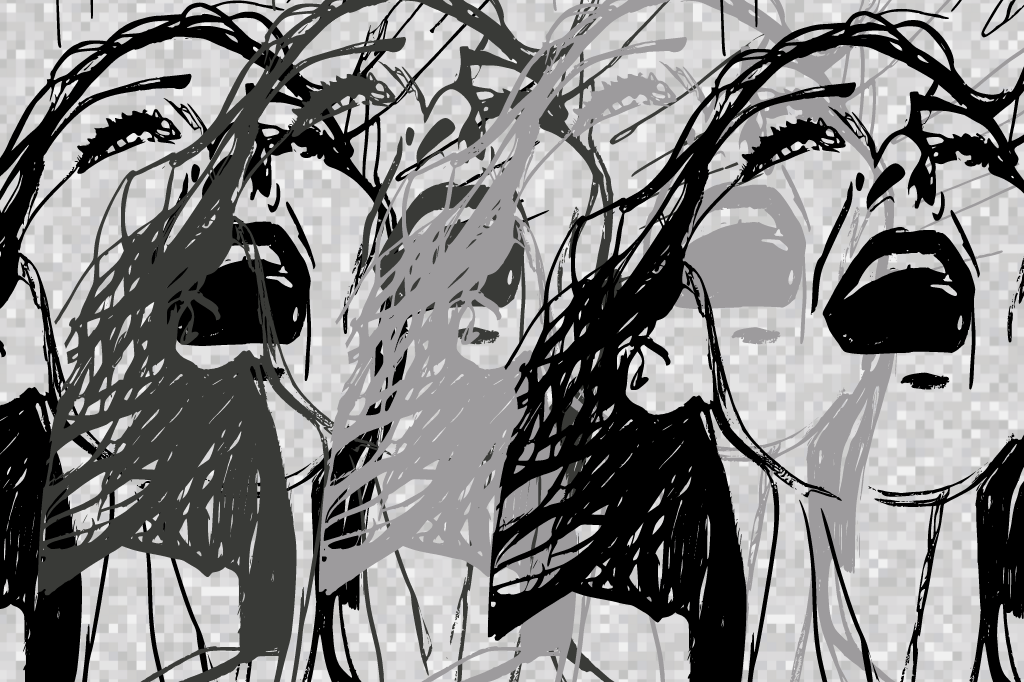
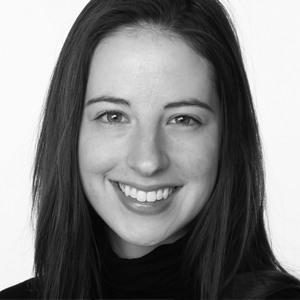






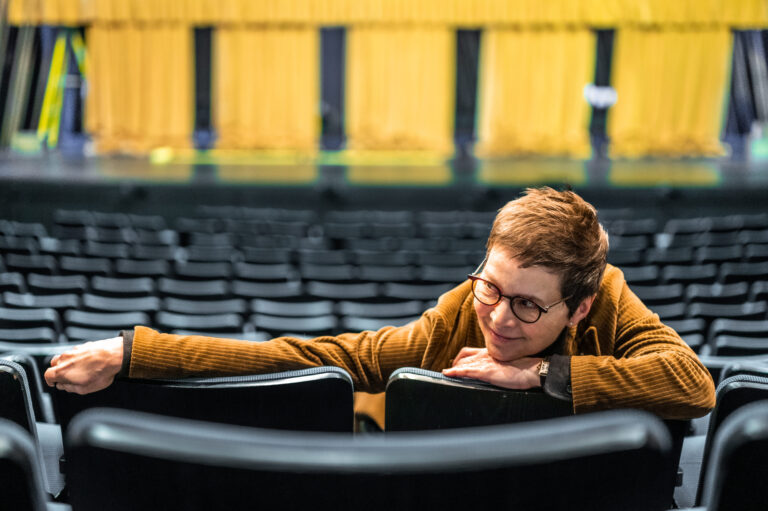
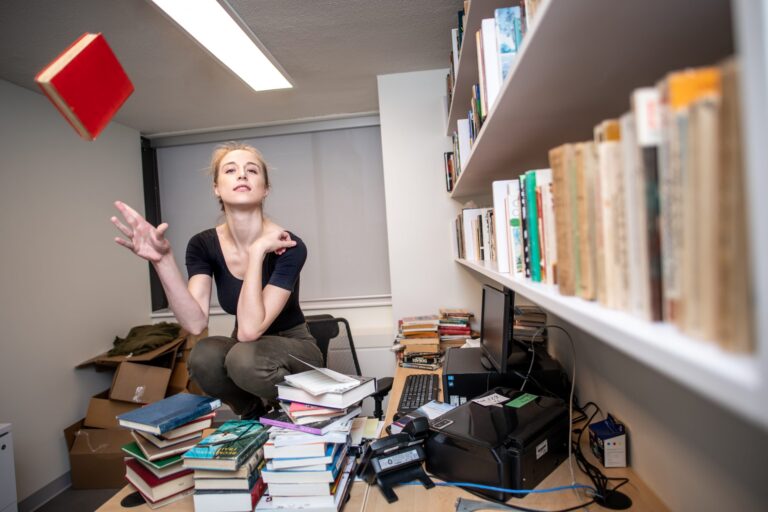
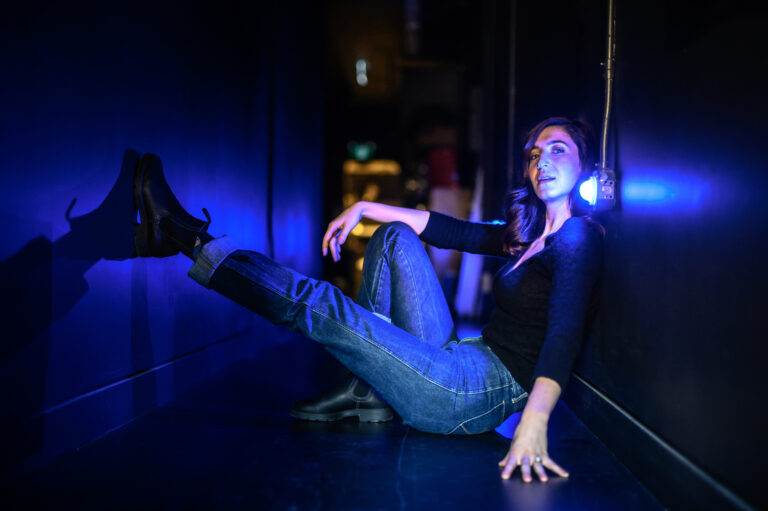
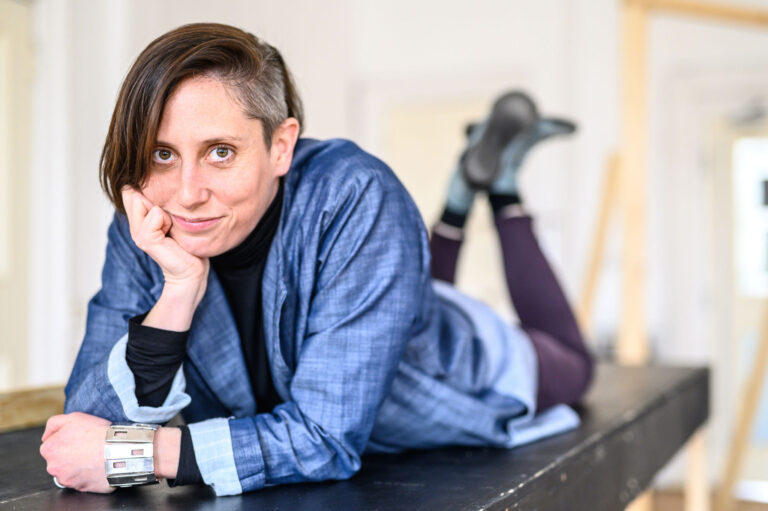

Comments